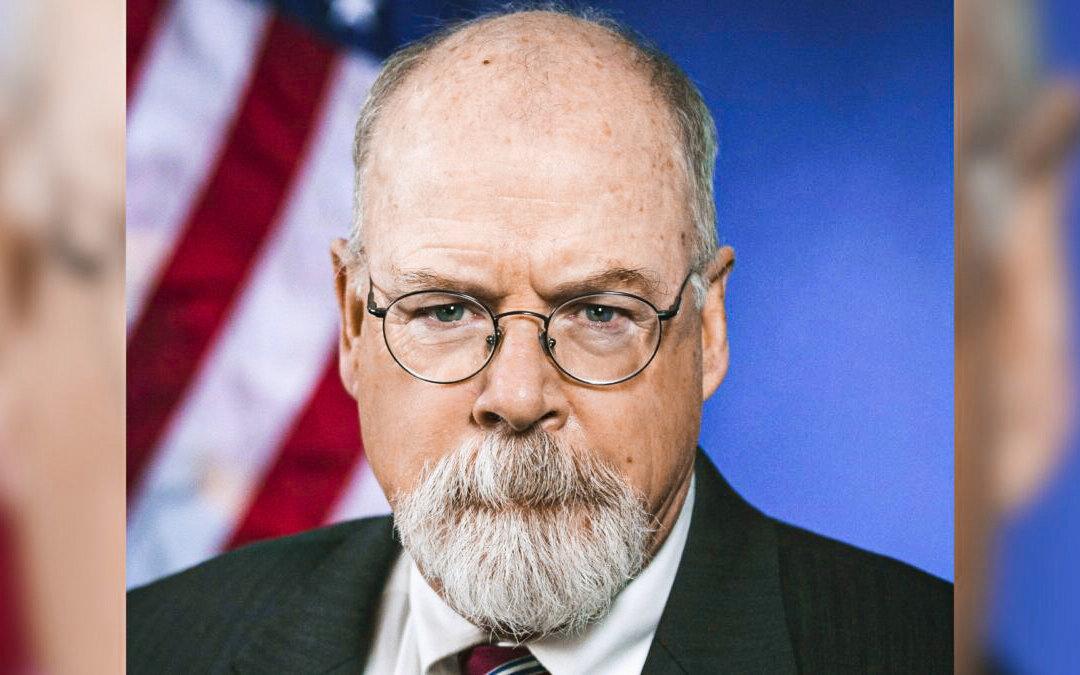The Justice Department is set to produce a “large volume” of classified materials this week in the case against the main source for former UK spy Christopher Steele’s dossier on the 2016 Trump presidential campaign, according to special counsel John Durham.
The “Steele dossier” contained allegations that then-presidential candidate Donald Trump colluded with individuals linked to the Russian government to help him win the 2016 presidential election against Hillary Clinton.




